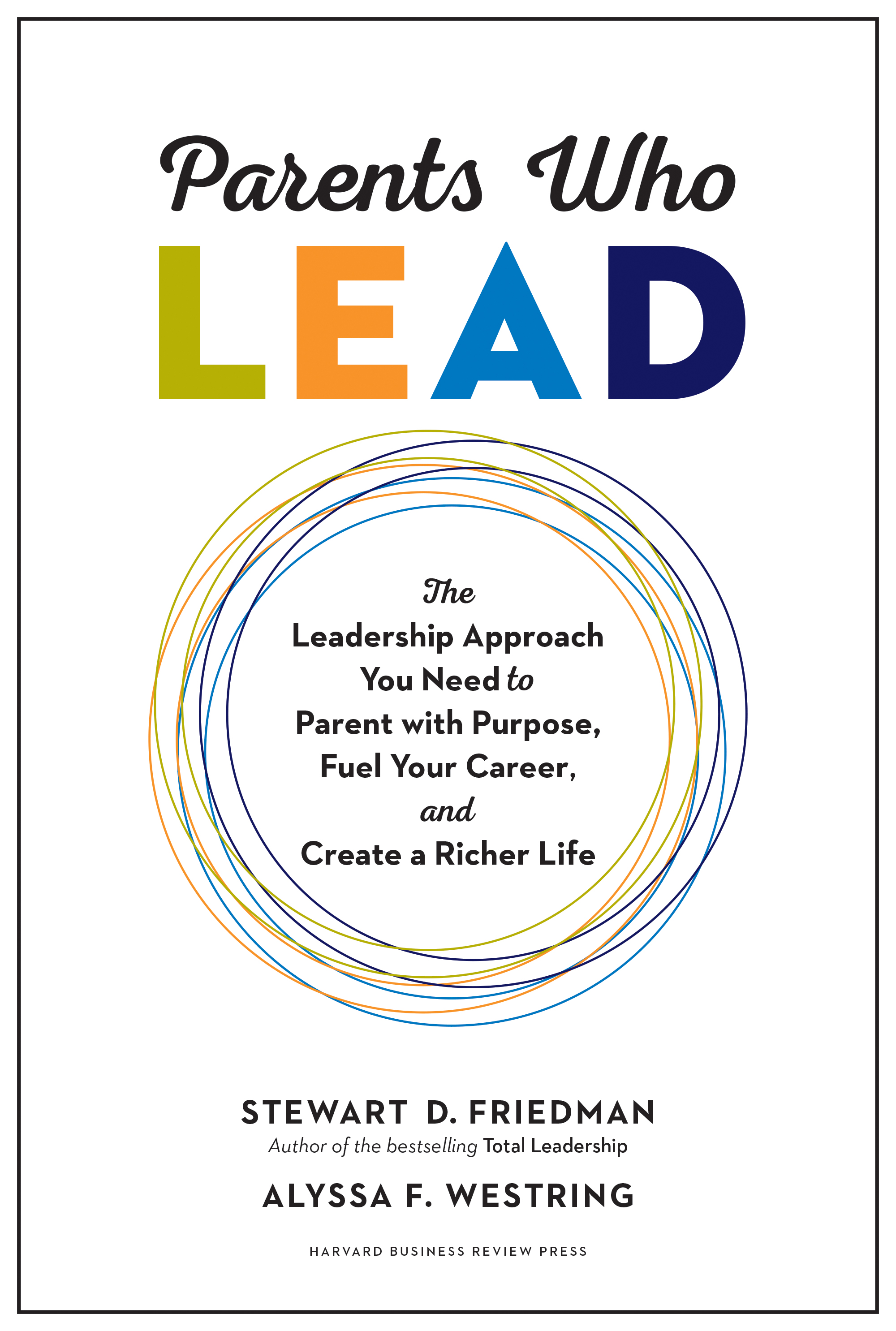Most people find their job through their networks. But our research with working parents, and our experiences as working parents ourselves, have us convinced that the key to career success for working parents lies not just in networking, but in what we call net-life-ing – building social capital in all parts of life for the benefit of all parts of life.
Networking commonly applies to building social support to advance your career by developing a reputation as someone’s who is trustworthy. Our research indicates that for working parents, the problem isn’t necessarily a dearth of career opportunities, but a lack of time and energy to take advantage of them. When parents feel like they can barely keep their heads above water, the idea of personal growth and career development often takes a back seat.
We’ve learned through our work with working parents that a mindset shift is often needed. It’s not just the people at work who support your career, it’s also the people in other parts of your life. That’s why we call it net-life-ing. This tribe includes supportive managers, of course, but it’s also partners, daycare providers, neighbors, extended family and so many others. And when parents have the support that they need to engage meaningfully in their careers and lives, their children benefit too.
Net-life-ing isn’t just about reducing the demands on your life outside of work so that you can work long, grueling hours to climb the traditional corporate ladder. It is about knowing and living your values in all parts of your life so that you can find greater meaning, stronger engagement, and better performance in all parts of life. When working parents strengthen these relationships, the benefits are accrued both personally and professionally.
For parents who are interested in net-life-ing – proactively creating an expansive network of support across all parts of life – here are six principles to follow:
For parents who are interested in net-life-ing – proactively creating an expansive network of support across all parts of life – here are six principles to follow:
1. Clarify what matters most. First, you need to become clear about what you care about and what you want your life to look like. Otherwise, support might not get you to where you really want to go. So be specific. Rather than saying you value “your career,” delve deeper. What do you value most? Is it financial security, having an impact on others, being respected, or being creative? Gaining self-awareness about what you really care about forms the foundation.
2. Think about relationships that support you in all parts of life. Consider your work or career, family, community (friends, neighbors, social groups), and self (mind, body, and spirit). Write the names of people who support you in each domain. Notice where there are gaps. You might have people who will help watch your kids but no one to whom you can complain about a rough day at work. You might have a fantastic career mentors but no one who will tell you when you need to chill out and get some rest for our own wellbeing. Think about relationships that might be derailing you from where you want to go and those that are helping you live with passion and purpose.
3. Notice the interconnections. Explore how the relationships in one part of your life nourish the other parts of your life. Might going for a walk with a friend actually help you perform better at work? Do you have more energy, less stress, a greater ability to focus? How could your ability to communicate with your supervisor improve your relationship with your partner? When we notice the subtle interconnections among the different parts of our lives, we can more clearly see how investing in friendships, community organizations, family time, and career development all form part of the bigger picture of living a life aligned with our values.
4. Tell people what you care about. We often assume that the people we come into contact with on a daily basis know what matters most to us. But, we often don’t take the time to actually tell them. You may be surprised by how much the people in your life want to support you. But if they don’t know what you care about, how can they? Get comfortable talking about your values and how they shape your career and personal goals. Let people get to know you, even if it means taking a few more minutes to stop and chat, or putting your phone away. If you’re operating on the assumption that you need to be maximally efficient in all areas of your life, you might be missing out on the richness that comes from taking a moment or two to share your authentic self with others. Net-life-ing means opening the door to conversations about what matters most in all parts of life.
5. Find out what you can give, not just take. One reason why people get turned off by networking is because they perceive it as manipulative, just using people to get what you want. But, the best networking, just like the best net-life-ing isn’t about taking from others; indeed, it starts with finding low-cost ways to support others. This is what builds your reputation as someone worthy of support. When you know what others need and can help them with what’s important to them, you’re not just building a bank of favors that you can redeem as needed (although that’s useful too), you’re establishing a deeper level of connection to others which has meaning and value in its own right, as well as making other parts of your life easier or richer. Building these relationships isn’t just a means to an end, it’s an end in itself. Reciprocity is a virtuous self-sustaining cycle.
6. Model the process. As parents, we often want our kids to feel as though we’ve got everything under control, that we are confident and capable. We may not want them to see the struggles that make our lives as working parents work. While there are undoubtedly benefits to shielding our children from the tribulations of adulthood, an unintended consequence is that they don’t often get to see us ask for help. They may internalize the message that they too should be able to handle everything themselves. Talk to your children about the importance of strengthening relationships that help you live your values. Let them know you’re asking for help and why. Let them see you provide help. If you outsource childcare or housekeeping, for example, describe how this allows you to invest attention in the things you value. When you offer to pick up your friend’s child from school, explain that you are allowing that friend to pursue what matters most to them. When children get used to the idea of proactively engaging support, they’ll be better able to cope with the complex demands that life throws in their own path. There’s nothing wrong with traditional career networking. But isolating your career from the rest of life isn’t the most effective strategy. And this becomes particularly true for working parents, who must navigate their own ambitions and values while participating meaningfully in raising the next generation.

Stewart D. Friedman (Wharton) and Alyssa Westring (DePaul) are management professors, and the co-authors of PARENTS WHO LEAD: The Leadership Approach You Need to Parent with Purpose, Fuel Your Career, and Create a Richer Life.
Follow us here and subscribe here for all the latest news on how you can keep Thriving.
Stay up to date or catch-up on all our podcasts with Arianna Huffington here.



